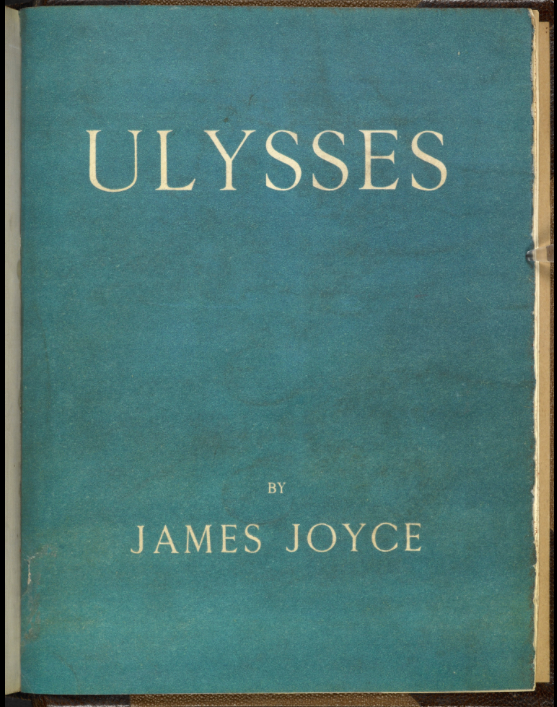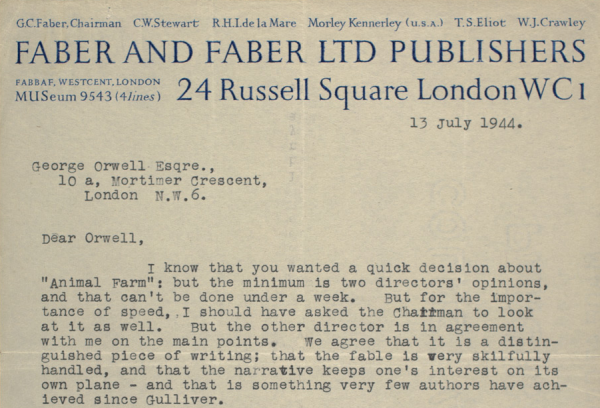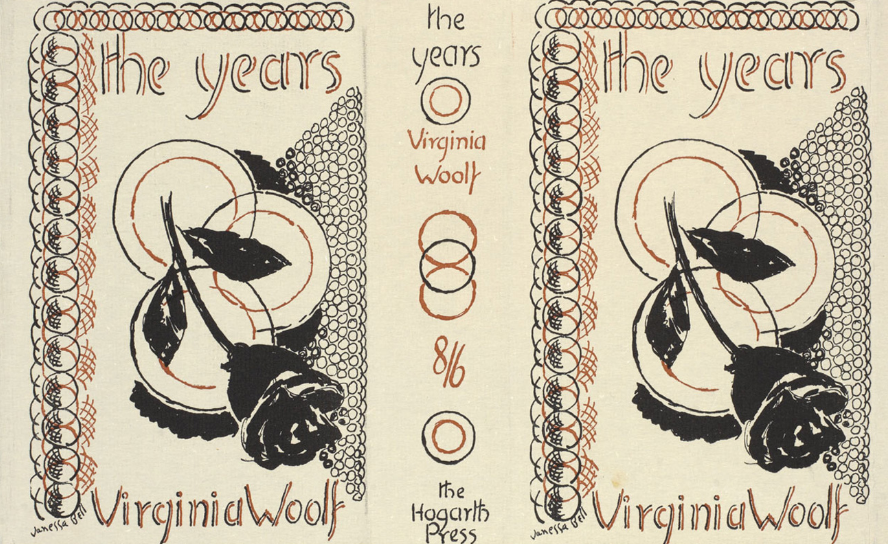
As a young college student, I spent hours wandering through my university’s library, looking in a state of awe at the number of books contained therein by writers whose names I knew or who seemed vaguely familiar, and by hundreds, thousands, more I’d never heard of. Always content to immerse myself in secluded corners for days on end with a good book, I couldn’t have felt more at home.
The internet was in its infancy, and my online life at the time consisted of awkward, plain-text emails sent once or twice a week and the occasional clunky, slow-loading website, promising much but delivering little. Excitable futurists made extravagant predictions about how hypertext and interactivity would revolutionize the book. These seemed like intriguing but unnecessary solutions in search of a problem.
To the bookish, the book is a perfected technology that cannot be improved upon except by the publishing of more books. While interactive texts—with linked annotations, biographies, historical precis, critical essays, and the like—have much enhanced life for students, they have not in any way improved upon the simple act of reading for pleasure and edification—an activity, wrote Virginia Woolf, requiring nothing more than “the rarest qualities of imagination, insight, and judgment.”
Though Woolf would likely have been unimpressed with all that talk of hypertextual innovation, I imagine she would have marveled at the online world for offering something to the reader we have never had until the past couple decades: free and instant access to thousands of books, from literary classics to biographies to histories to poetry—all genres upon which Woolf offered advice about how to read on their own terms. Without the anxious admissions process and costly tuition, anyone with a computer now has access to a significant portion of the average college library.
And now anyone with a computer has access to a significant portion of the British Library’s rare collections as well, thanks to the venerable institution’s new online collection: “Discovering Literature: 20th Century.”

Readers of our site will know of Open Culture’s affinity for 20th century modernist literature, like that of Virginia Woolf, and for the dystopian fiction of George Orwell. These authors and greats of more recent vintage are all well-represented in the British Library collection. You’ll find such treasures as a scanned first edition of James Joyce’s Ulysses, first American edition of Anthony Burgess’ A Clockwork Orange, and first edition of Woolf’s A Room of One’s Own. These are just a few of the classic novels available in the “over 300 treasures” of the collection, writes the British Library.

The online library offers a paradise for readers, certainly. And also a heaven for scholars. Included among the rare first editions and critical essays and interviews on the site’s main page are “online for the first time… literary drafts… notebooks, letters, diaries, newspapers and photographs from Virginia Woolf, Ted Hughes, Angela Carter and Hanif Kureishi among others.”
Some incredible highlights include:
- Typescript of T.S. Eliot’s The Waste Land with Ezra Pound’s Handwritten annotations
- George Orwell’s Notes for 1984
- T.S. Eliot’s Faber & Faber Letter Rejecting Orwell’s Animal Farm (featured on Open Culture previously)
- Typescript Second Draft of Sylvia Plath’s The Bell Jar
- Letters on the Printing of James Joyce’s A Portrait of the Artist as a Young Man and Ulysses
- Typescript Notes of J.G. Ballard’s High-Rise, with a Draft of the Novel
- Notebook Drafts of Virginia Woolf’s Mrs. Dalloway
- Notebook of Research and Ideas for Angela Carter’s Wise Children
- Ezra Pound’s 1914 Poetry Anthology Des Imagistes
And as if all this—and so many more 20th century literary treasures—weren’t enough, the collection also tucks in some wonderful artifacts from previous eras, such as a collection of manuscript poems by John Keats, including the Odes and Robert Burton’s encyclopedic 1628 study of depression, The Anatomy of Melancholy.
“Until now,” says Anna Lobbenberg, the Library’s Digital Programmes Manager, “these treasures could only be viewed in the British Library Reading Rooms or on display in exhibitions—now Discovery Literature: 20th Century will bring these items to anyone in the world with an internet connection.” It truly is, for the lover of books, a brave new world (a book whose 1932 original dust jacket you can see here).
Related Content:
Virginia Woolf Offers Gentle Advice on “How One Should Read a Book”
Josh Jones is a writer and musician based in Durham, NC. Follow him at @jdmagness


Leave a Reply